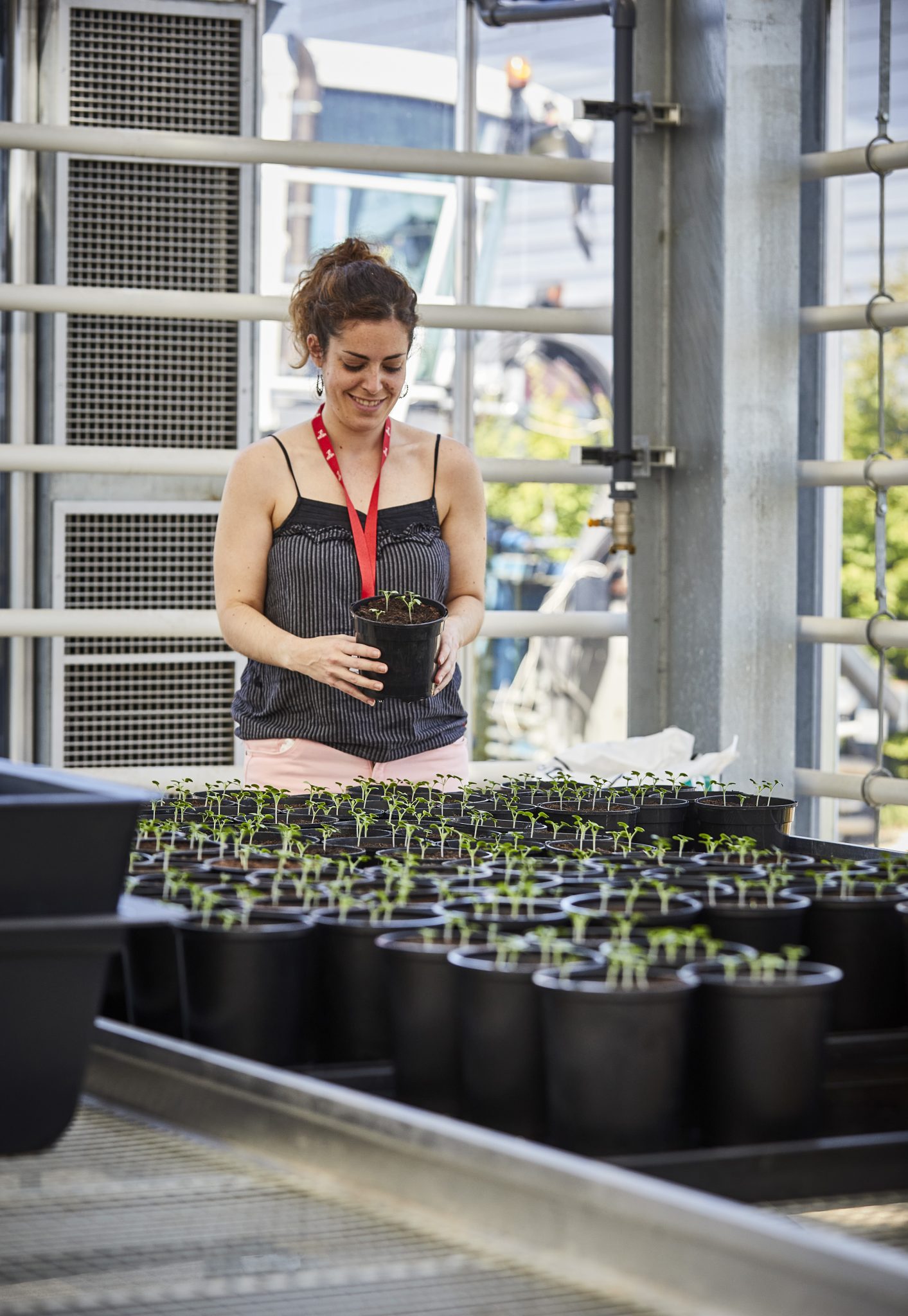Dr Laura Cumplido-Marin, CHAP’s Technical Liaison Officer at Cranfield discusses what this means for agriculture.
“Moderate and normal amounts of rainfall have positive effects on all living things, including us. It cools the environment immediately around us and most importantly, ‘automatically’ irrigates our gardens, parks, farms and countryside, providing water for all living things, the essence of all life. And I say ‘automatically’ because we take rainfall, and unfortunately the majority of natural phenomena, so much for granted.
As humans, we are only a small piece of the planet Earth’s ecosystems and we are very vulnerable to changes in natural phenomena, including the consequences of climate change, such as the increased likelihood of extreme weather events.
A prolonged period of reduced rainfall in the UK such as the one we are currently experiencing, is only a mild disturbance in our daily lives, but represents a huge survival challenge for all plants and animals. Plants need a continuous supply of water to survive, and there is a point (permanent wilting point) whereby if they can no longer extract water from the soil, they wilt and are unable to recover.
The provision and restock of our rivers, reservoirs and underground aquifers also depend on rainfall and these in turn are essential for the survival of all wildlife. In addition, as a result of the prolonged drought, soil surfaces have hardened, which means if the next rain is copious, water will be unable to penetrate the soil, instead running off and increasing the risk of flooding.
Crop production is highly dependent on water supply. Non-irrigated crops need rainfall whereas irrigated crops need water from water reservoirs. If crops do not receive sufficient water, they will decrease their activity, reducing the amounts of resources that are spent on less essential functions, such as flower and fruit production, and slowing their growth. Mild consequences of prolonged drought on crop production can be reduced yields, but severe consequences could be complete failure of a whole harvest.
Extending the period that water remains in the soil before it evaporates is therefore key. At CHAP, we play our part by transforming innovation to enable research in crop and plant sciences. Part of this is to investigate how to increase the resilience of crops and farm businesses to global issues such as drought.
One area of work we focus on is maximising water use efficiency of crops, and studying plant-soil-water interrelationships. We can test water retention products, soil conditioners, adjuvants, biostimulants and other novel technologies.
There are also ways to enhance the capacity of soil to retain water in the field, via alternative cropping systems, intercropping, agroforestry, cover crops, and soil mulches among others. To support this, we can design experiments comparing the drought performance of one or more systems/technologies against usual practices, helping to make the transition into a more resilient production system.
Our team aims to continuously seek ways to make use of novel technologies that help solve old and new emerging problems in plant science. Working together, we can design and deliver research projects from start to end, to find a solution for your specific problem. We can help to define requirements, identify funding opportunities, find the right partners, manage and deliver a project.
CHAP aims to build networks of leading scientists, farmers, advisors, businesses and academia to understand industry priorities and develop innovative solutions. To instigate our next project or an area for investigation, e-mail enquiries@chap-solutions.co.uk
Please note, the opinions expressed in this article are the author’s own and do not necessarily reflect the views or opinions of CHAP.












